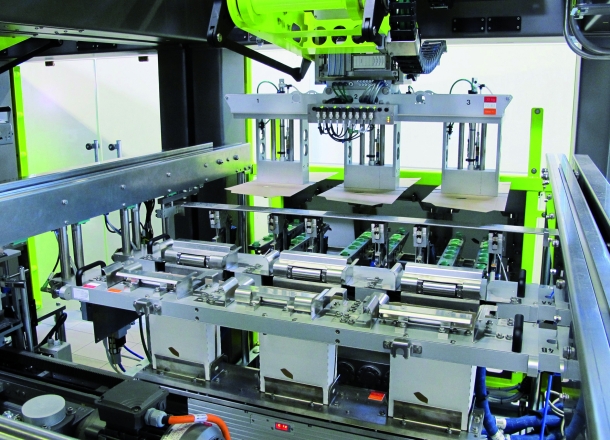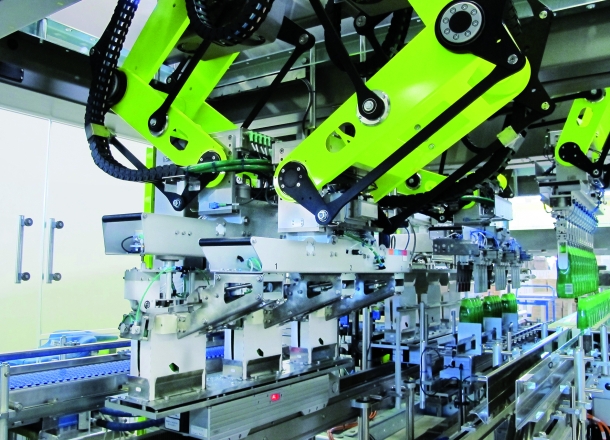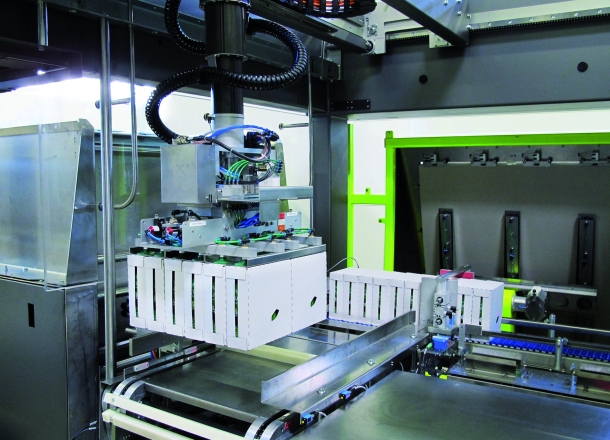Australian entrepreneur Justin Dowel has responded to the retail sector's growing demand for shelf-ready cartons containing smaller quantities with the investment in a compact end-of-line solution for Natures Organics.
The cartonising and palletising line provided by Gerhard Schubert GmbH — represented by Selpak Automation in Australia — promises to solve any technical challenges and offers sustainability in terms of performance options and operating costs.

For Dowel, it is important to keep his environmentally friendly care products and household cleaners affordable, so any machinery used needs to contribute to the quality and cost efficiency of production over the long term.
The Natures Organics factory, in Melbourne, is over 40,000m2 in size, producing plastic bottles with lids from rPET (recycled PET) as part of the vertically integrated manufacturing process. Raw materials are mixed in tanks from five to 30 metric tons in capacity and filled into bottles using high-performance lines before cartonising and palletising in the sizes required in each specific case.
The cartonising and palletising line for shampoo and conditioner handles two 400ml and one 500ml plastic bottle with an oval basic shape; cartonising of four bottles at a time (single row); palletising of five carton layers; 55 cartons/minute for all sizes; and eight pallets per hour.

The company's previous packaging line was too large and followed the concept of conventional packaging lines, where individual units and machines are coupled one after the other.
Schubert's TLM line – with four sub-machines measuring 12 metres in length altogether – is compact due to technology that integrates all the required functions in one line management system, requiring only one person for operation.
Relative to its height the carton has a small footprint, so to achieve the high number of working cycles required the cartons have to be securely stabilised so they don't fall over. For this reason Schubert uses a patented transmodule – or intelligent rail-based transport robot – offering contactless transmission of energy and data.
Exchangeable size plates on the transport carriage fit the shelf-ready cartons and a robot erects the carton from the flat-lying blank and places it on the transmodule, which moves to the loading station and then stops at the sealing station. The cartons are securely held in place during all the process steps.
There is also a gluing flap on the inside of the carton lid, and two-axis TLM-F2 robots close the carton and press on the lateral surface of the carton.

Dowel's team enjoys working with the line, which frees up space for a pallet-stretch winder that serves all five production lines.
"With this line we're also able to continue developing,” Dowel says. “When new requirements come up, Schubert can easily adapt the line thanks to its modular TLM design.








